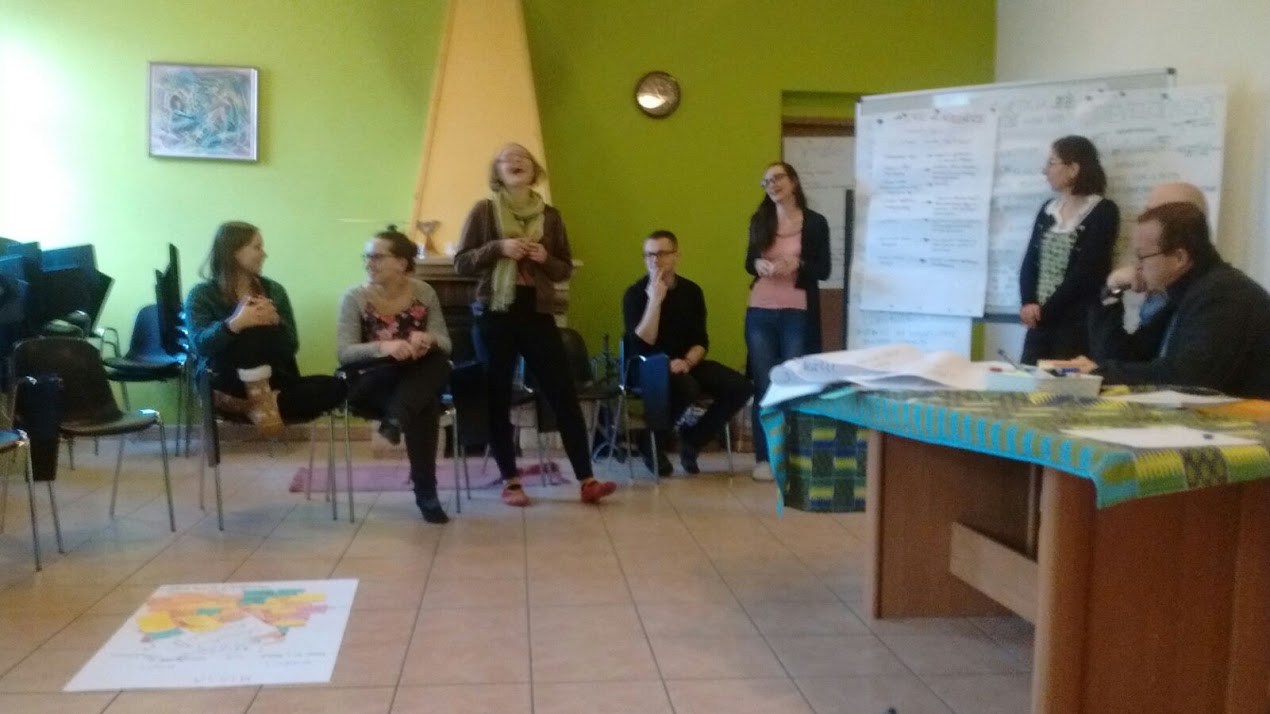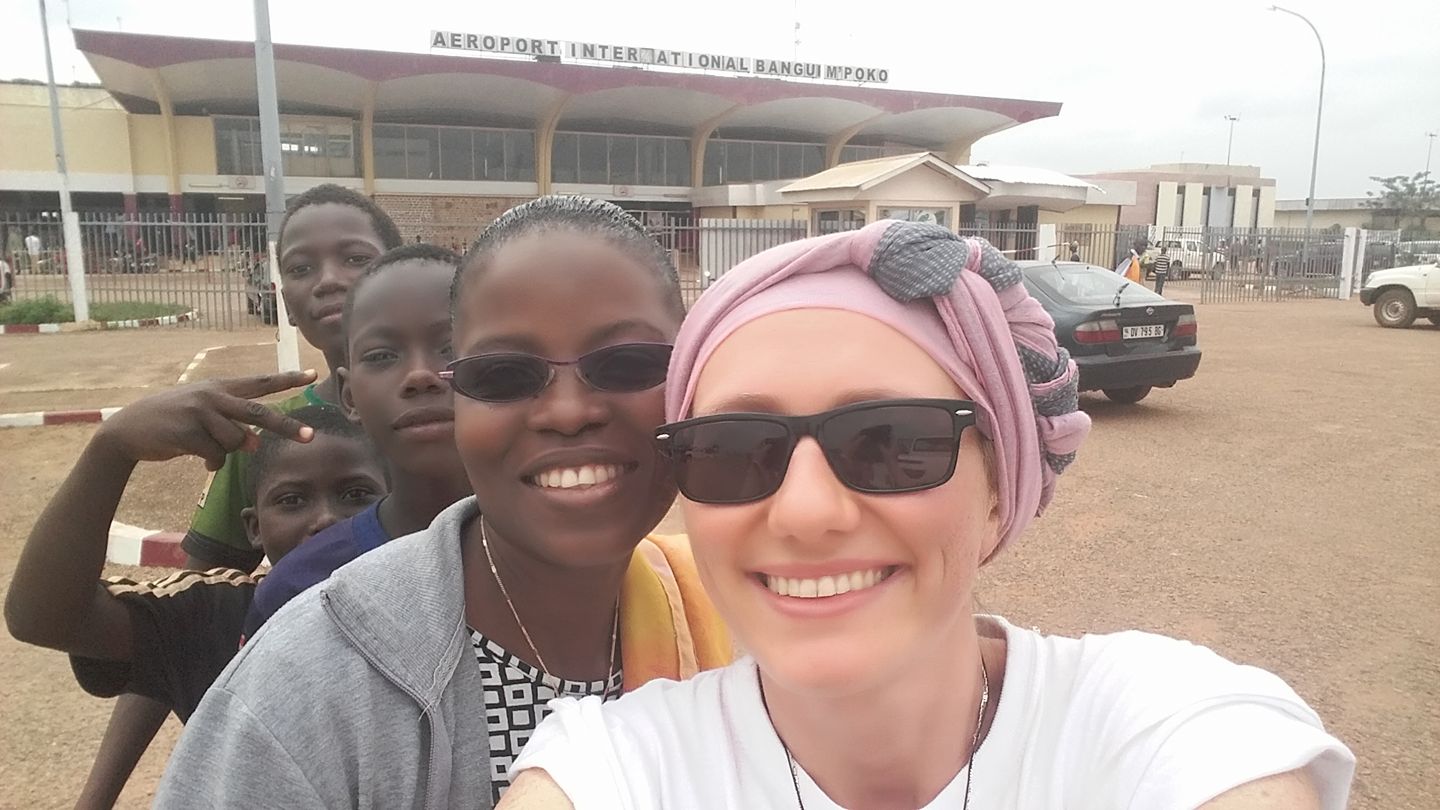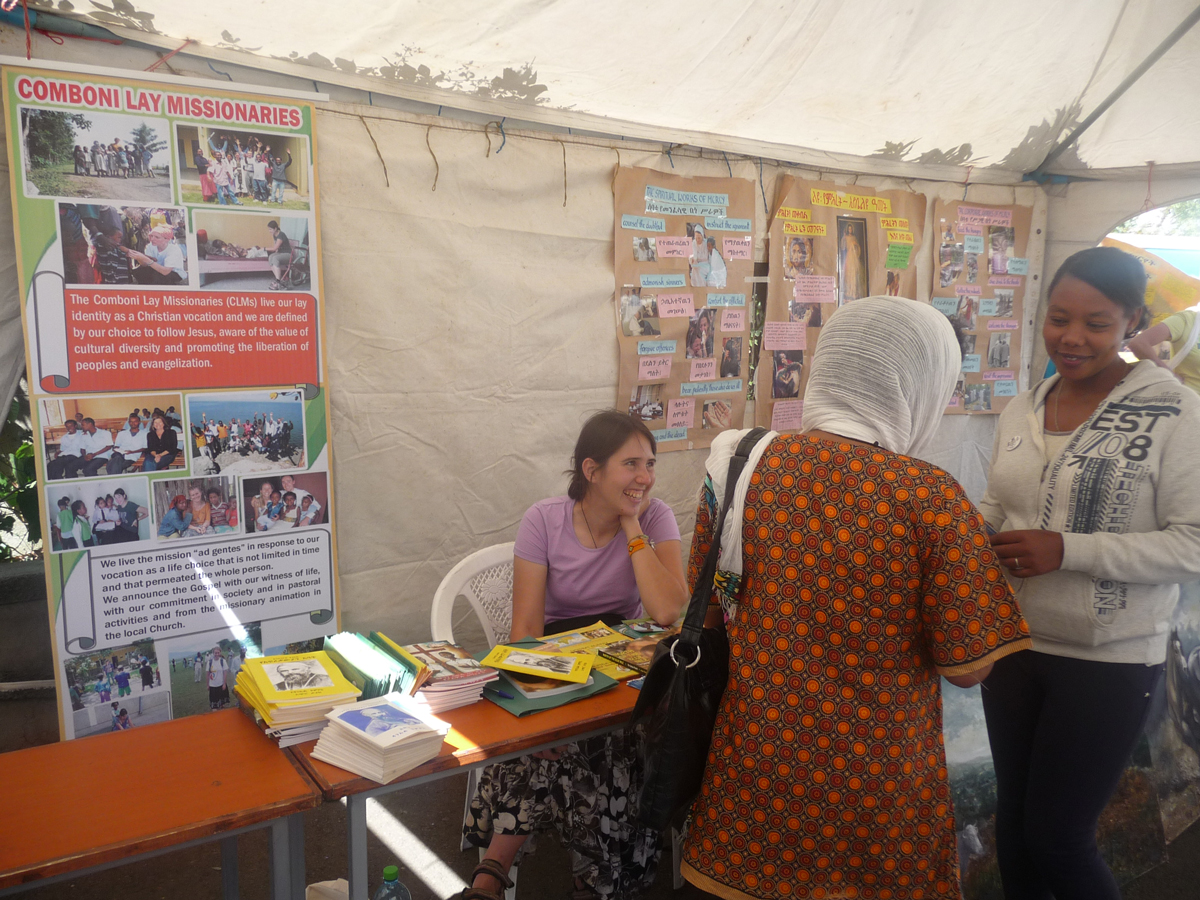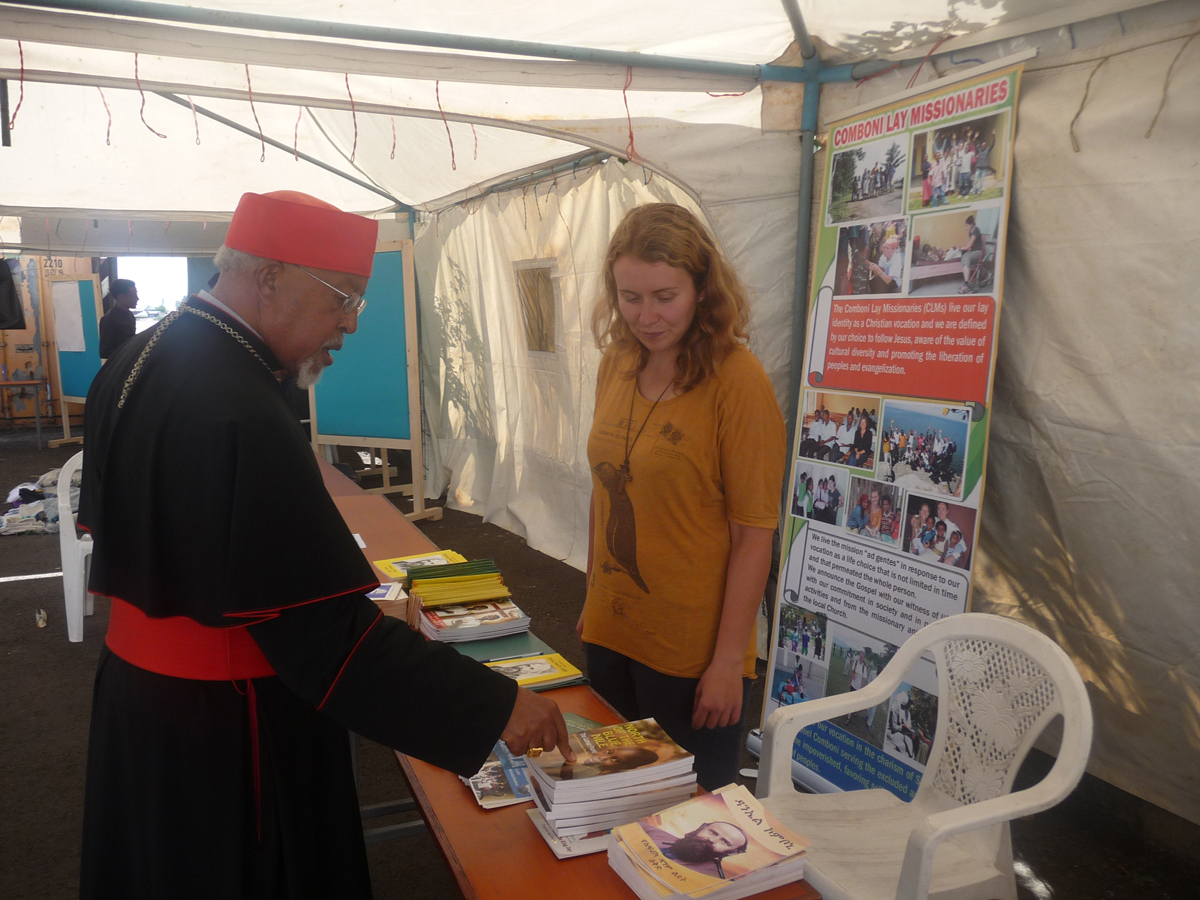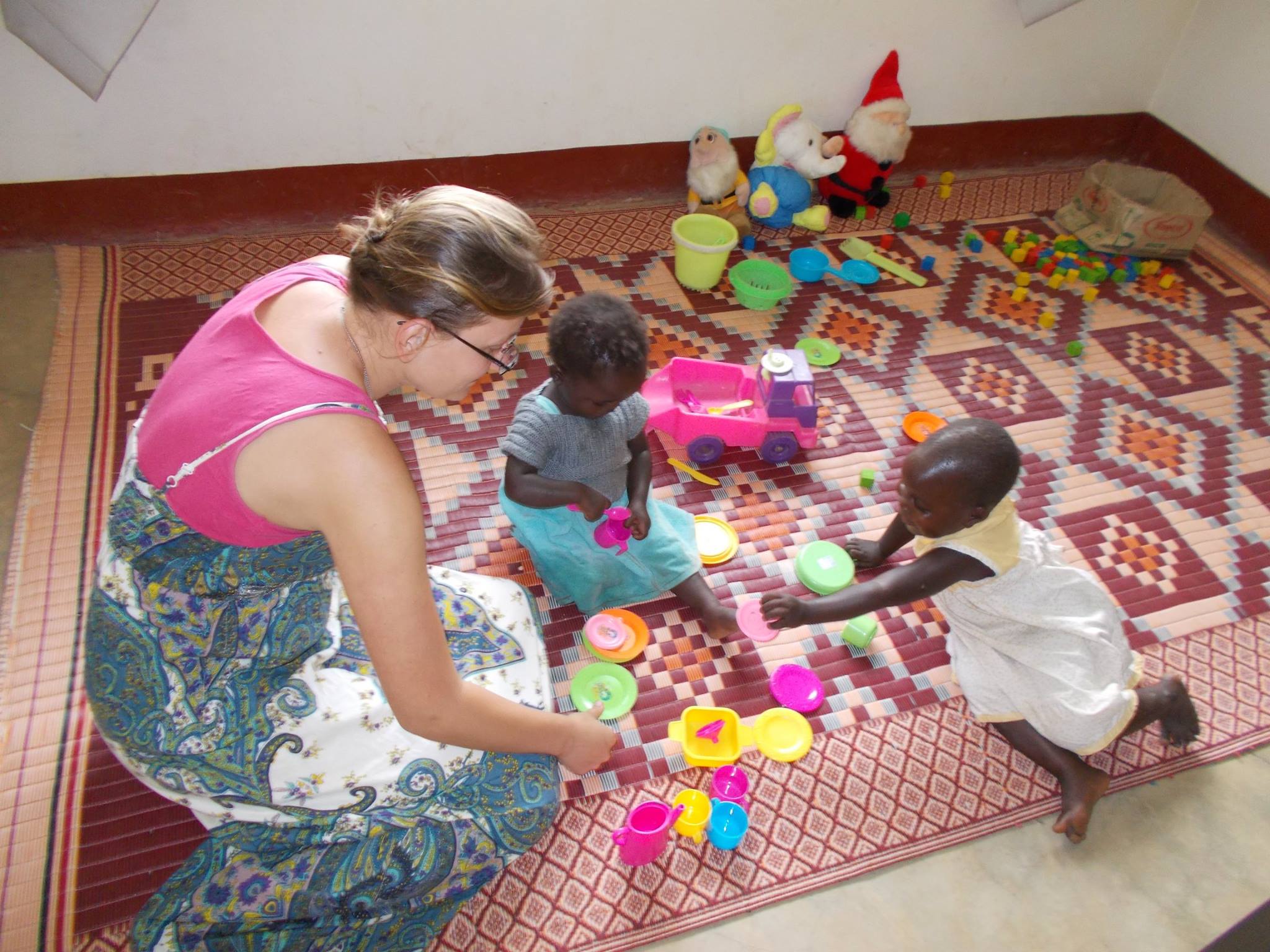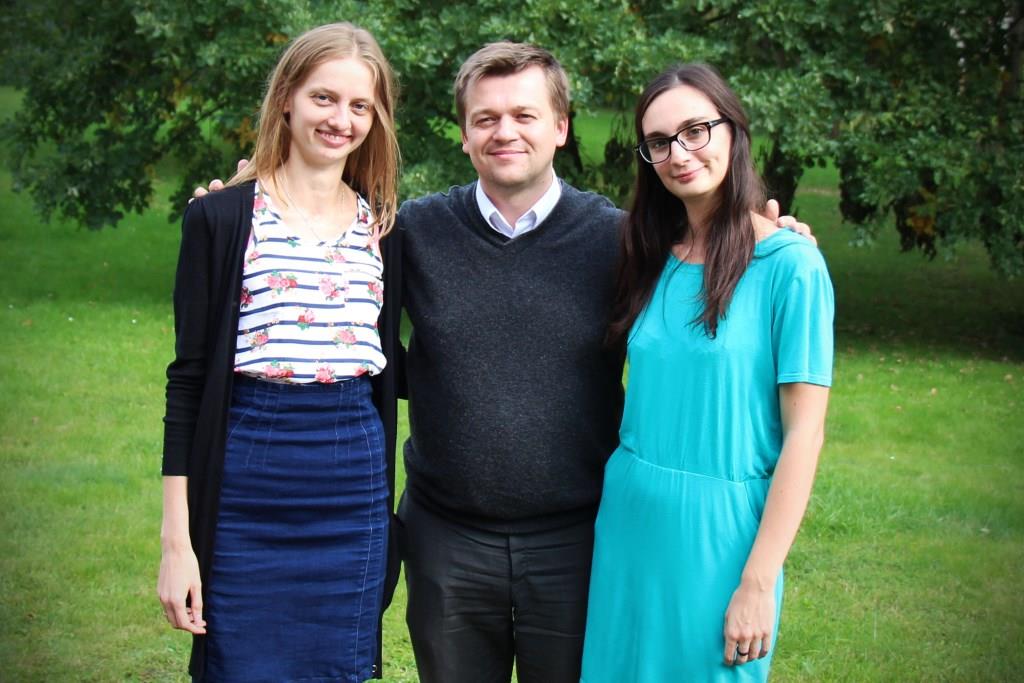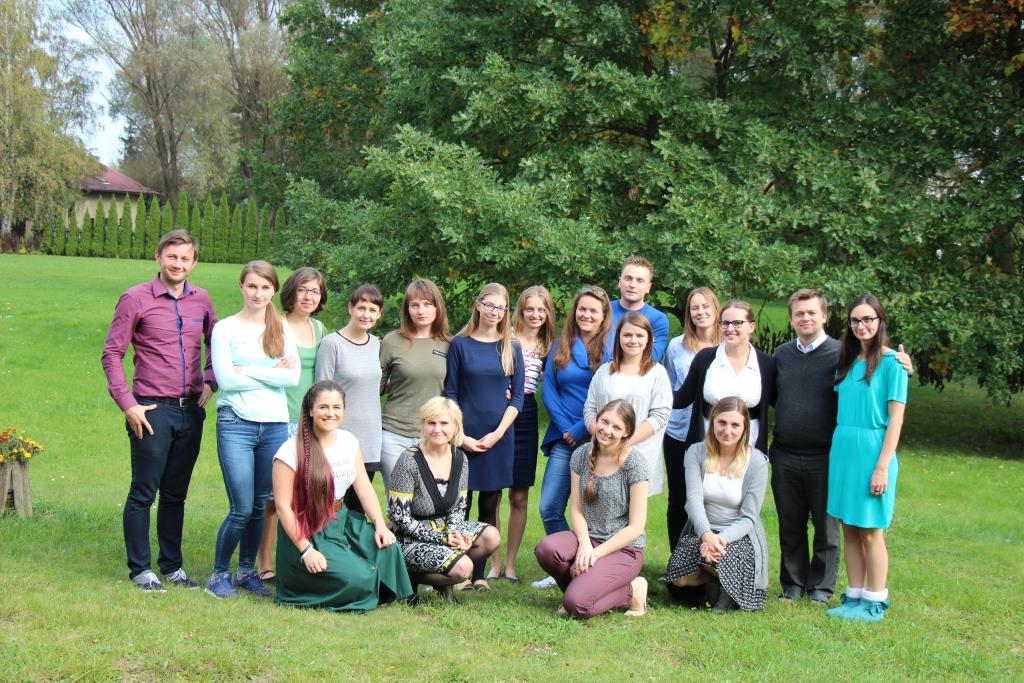On 16-18th December we had our last formation meeting in 2016.
It was very extraordinary time. The main topic for this weekend was “Community”.
On Friday, after the supper, we had some introduction, and we talked a little bit about the components of CLM community. We looked closer at this issue on Saturday during some workshops conducted by Alberto de Portilla – our CLM International Coordinator from Spain.
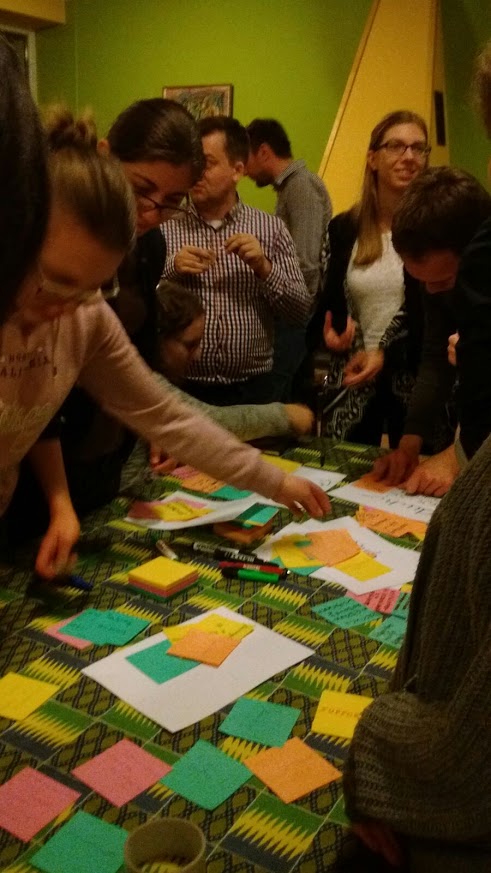 During our Bible lesson with Sister Joanna, we were analysing Haggai Book. Israel as “exclusive People” needed to cooperate, live as a community and trust God in order to rebuild their Temple.
During our Bible lesson with Sister Joanna, we were analysing Haggai Book. Israel as “exclusive People” needed to cooperate, live as a community and trust God in order to rebuild their Temple.
In the evening, there was a time for the Christmas Eve dinner. After reading story about Jesus’ birth from the Holy Bible, we shared a special wafer when exchanging Christmas greetings. After that, we started to eat delicious Christmas food: croquettes with beetroot soup, dumplings with dried plums, a lot of gingerbreads and some traditional food from Silesia (administrative part of Poland) – “moczka”. It was also a time for the Christmas presents, it was a lot of fun and joy for all of us.
Late evening we started vigil in the Chapel, praying for all the continent in many different languages, having a special prayer for all the missionaries spread all over the World, and at midnight we participated in traditional Mass called “Pasterka”.
On Sunday, during the Comboni lesson we explored St. Daniel Comboni’s attitude regarding community and participation of everyone in the missions through the study of his Plan for the regeneration of Africa.
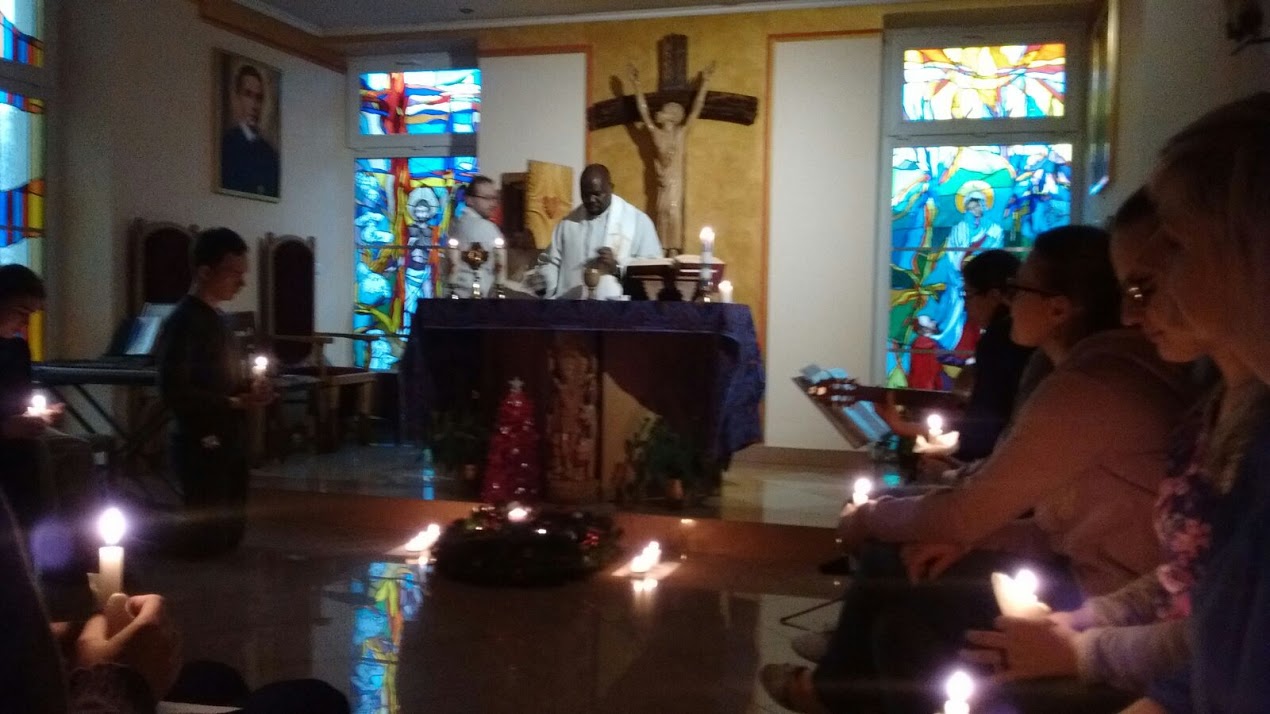 Jesus is born every day, we just need to be courageous enough to notice it and accept Him in our hearts!
Jesus is born every day, we just need to be courageous enough to notice it and accept Him in our hearts!
Merry Christmas to all of you!
CLM Poland




